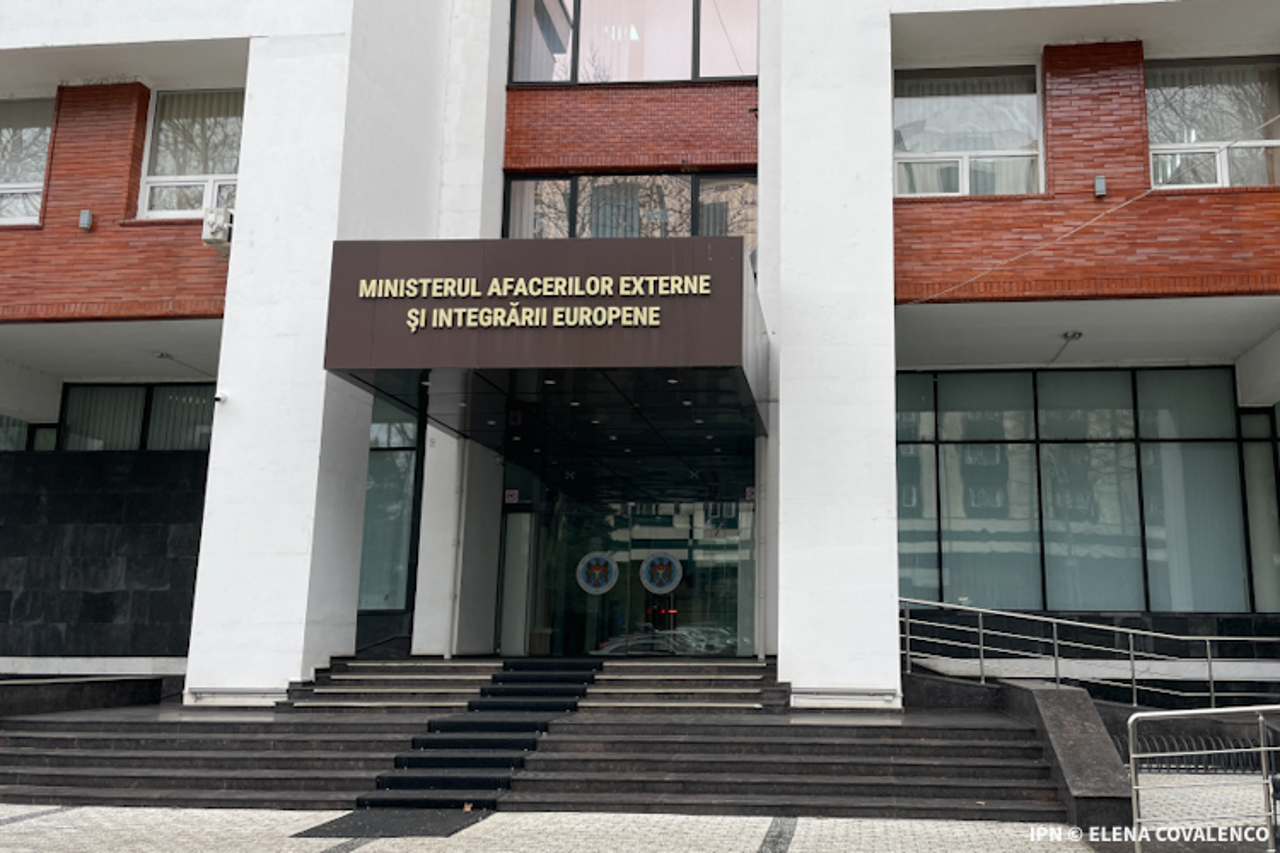Georgia's EU path at risk after controversial laws
We are coming out of another series of elections: in terms of international relevance, the focus is certainly less on those in the Republic of Moldova, which garnered attention for only a few days, and more on the recent elections in the United States.

Among these, parliamentary elections were also held in Georgia, amid reports of irregularities that allowed the ruling party, the Georgian Dream, to secure a rigged majority, causing the country to slowly drift off the radar of the United States, the EU, and NATO.
Nevertheless, Georgia remains strategically important for the United States, the EU, and NATO. On October 30, the European Commission presented its annual enlargement report, which adopted a different tone compared to the previous year. In 2023, the EU executive made historic recommendations: it proposed opening accession talks with Moldova and Ukraine and, conditionally, with Bosnia and Herzegovina, while also recommending granting candidate status to Georgia.
This year, however, the report did not contain any major developments or significant recommendations. Citing the recent adoption of the controversial "foreign influence" law, similar to Russia's "foreign agents" law, and anti-LGBT laws, the document concluded that "unless Georgia changes its current course of action, which jeopardizes its path to the EU, and demonstrates tangible efforts to address outstanding concerns and key reforms, the European Commission will not be able to consider recommending the opening of negotiations with Georgia."
The last time, the European Commission had set nine conditions for the government in Tbilisi to fulfil across various policy areas before starting accession talks. This year, however, Brussels simply concluded that Tbilisi has made "only insignificant progress" and noted a lack of "sufficient political commitment from the authorities" to carry out the necessary reforms.
The reality is that the EU remains divided on this issue. Hungarian Prime Minister Viktor Orban hastened to visit Tbilisi to congratulate his political allies, while foreign ministers from 15 EU member states issued a statement at least casting doubt on the fairness of the vote and emphasising that Orban does not speak on behalf of the EU.
The remaining potential sanction, beyond the reduction of several funds to Tbilisi, is the suspension of visa liberalisation, which only requires the backing of a qualified majority of member states. However, is there truly a desire to penalise the entire population? The EU will discuss this at the informal summit in Budapest this week and when the EU foreign ministers meet in Brussels later in November.
Nonetheless, Georgia remains strategically important for the United States, the EU, and NATO. What must be closely watched on the geopolitical scale of the entire Black Sea region is the potential link to Serbia's EU candidacy – and the policies that may arise from it. For the third consecutive year, the European Commission recommends that Belgrade be allowed to open more chapters for EU accession. This is a matter Hungary, which currently holds the rotating presidency of the EU, is particularly invested in. However, many other EU member states remain unimpressed by Belgrade's close ties to Moscow. From this, scepticism regarding Georgia also arises.
Author: Dan Alexe
Translation by Iurie Tataru




